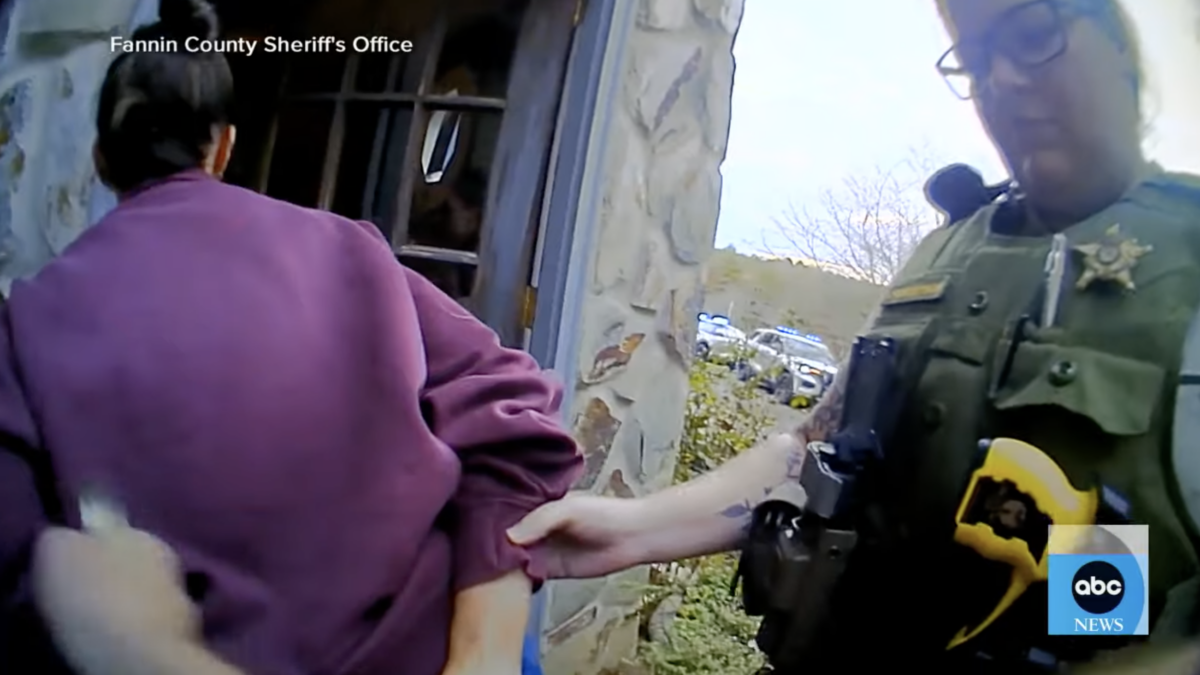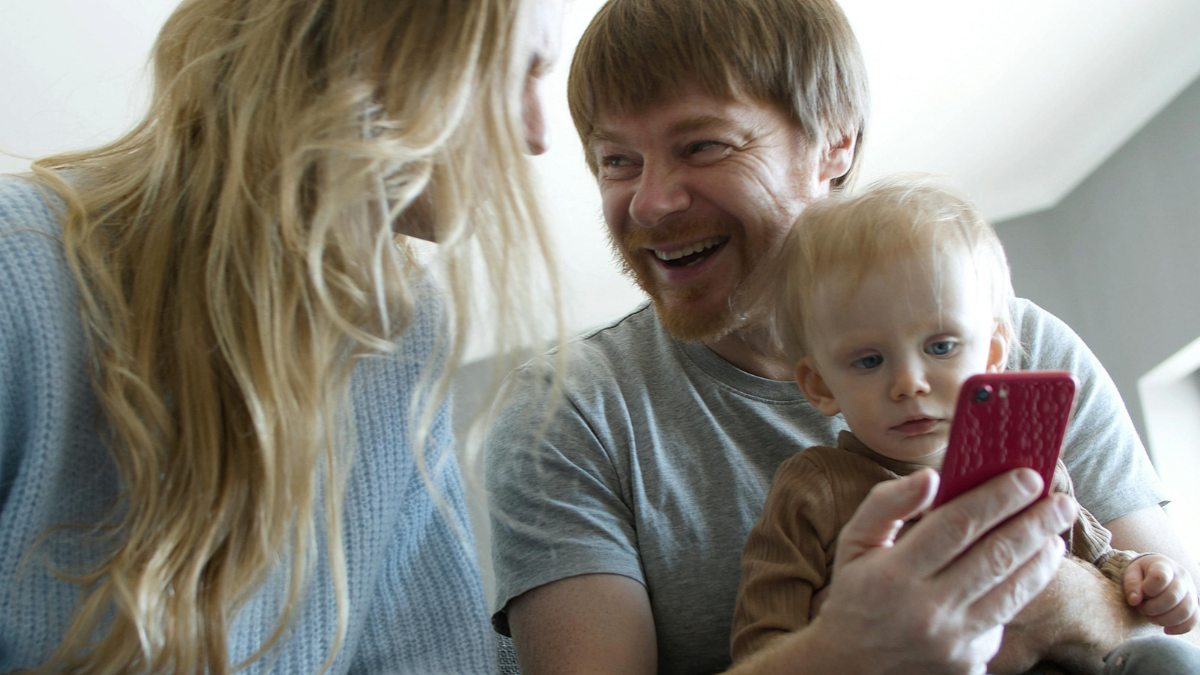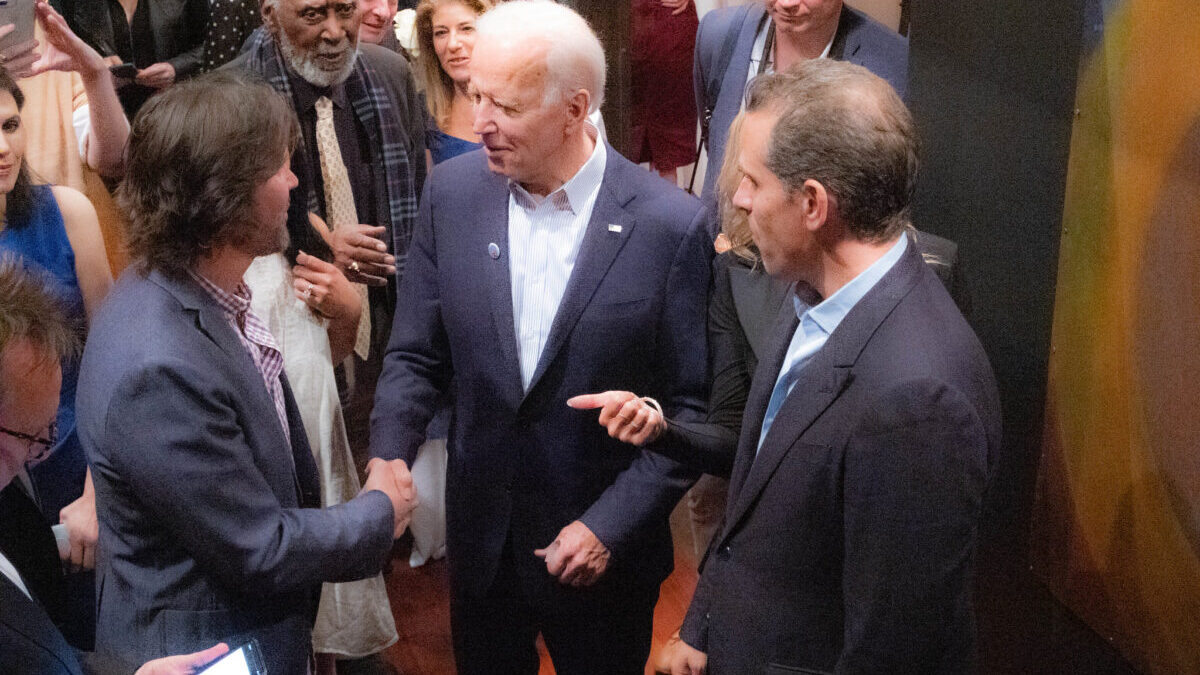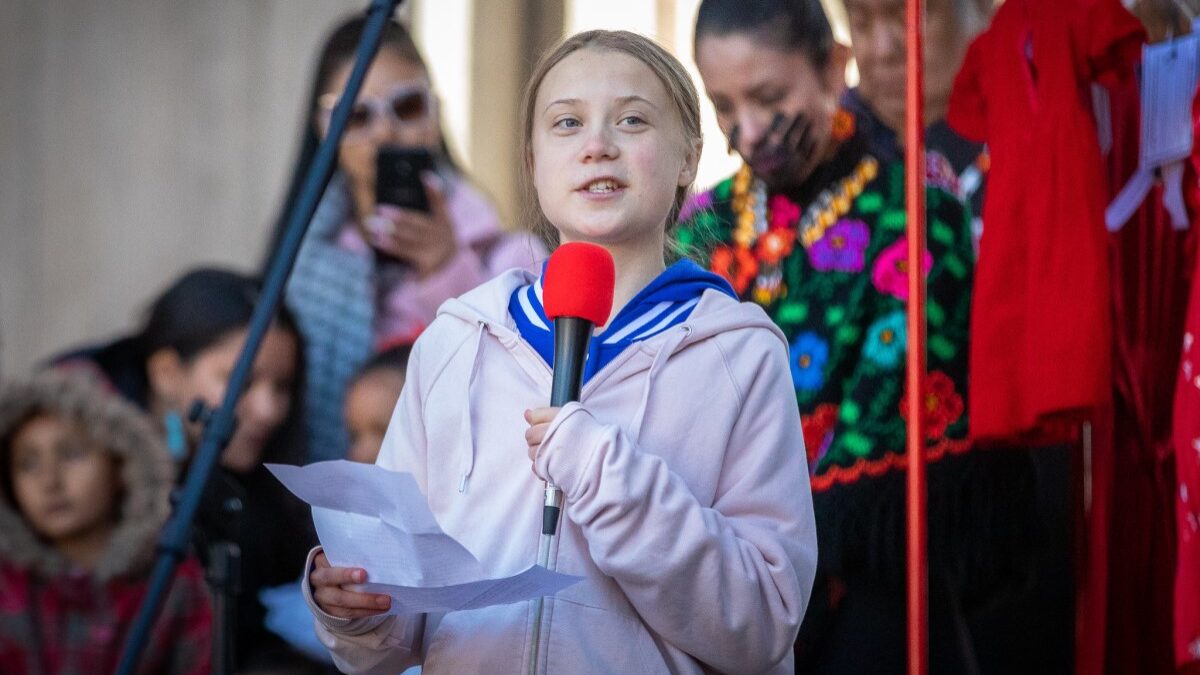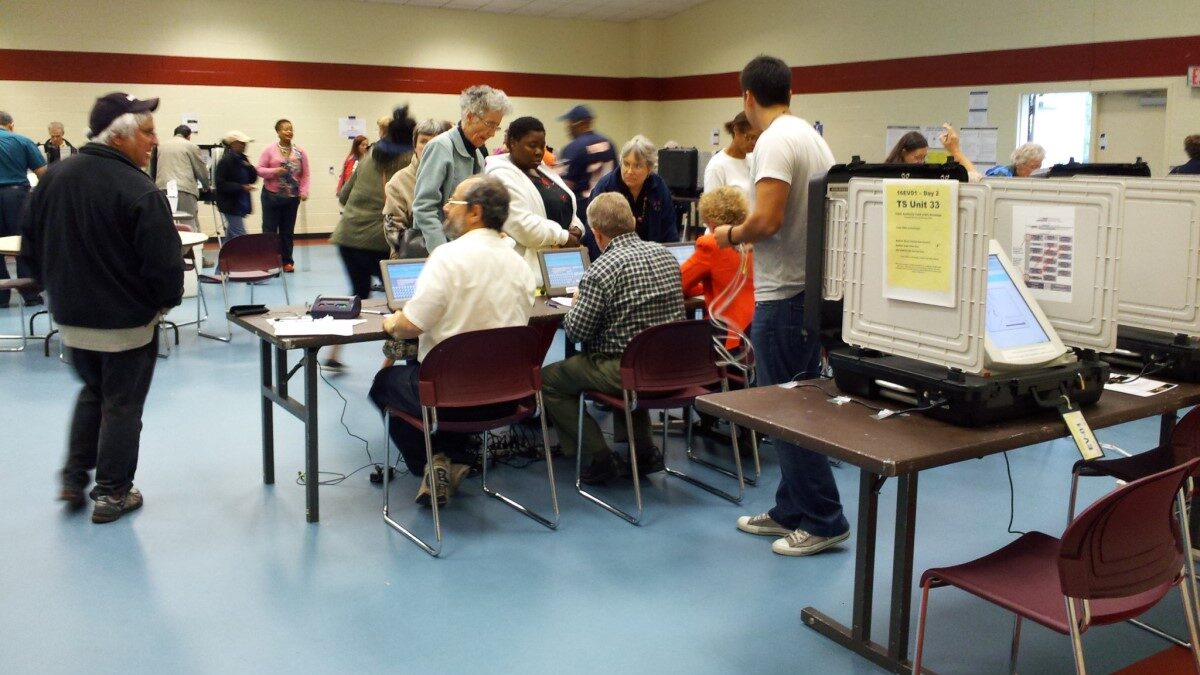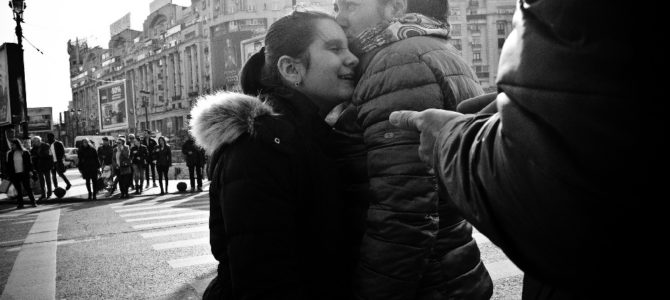
This is not an article about how to placate your kids against the certainty of uncertainty. Rather, it is a plea to parents, guardians, and caregivers to be honest and direct with our children about the calamity of mortality that will befall all of us, sooner or later. It sounds harsh, I know, but hear me out. Let’s take the recent and continuing spate of national tragedies for examples.
My son and I had some serious talks after the recent hurricanes that covered topics still very much live and applicable in the wake of this week’s massacre in Las Vegas. Like many Americans, I was glued to radio and television coverage of Hurricane Harvey as it wrecked devastation on the Caribbean and the gulf coasts, followed soon by Irma, Jose, and Maria. While the winds picked up and the flood waters rose, I saw fleeting coverage of disasters in Sri Lanka, Mexico’s western provinces, and the never-ending violence worldwide. My seven-year-old son watched with me. We shared anxiety about the massive destruction, lives lost and uprooted.
We watched as people were rescued from rooftops by boat, carried all their possessions above their heads while wading waist-deep in flood water, and told news reporters about having been separated from their families. My son’s questions about what would happen to them quickly became questions about what would happen to us under similar circumstances. If our home was flooded, our town destroyed, if we were made refugees of natural disaster, what would we do?
I looked at him and weighed my options. Having been a parent for almost eight years, I’ve read myriad articles about how to talk to children about everything from eating their vegetables to polyamory to death, and while many articles stress that children need to be reassured against the potential for impending doom, I am also loathe to lie to my child. This small human being was asking me a real question, and it deserved a real answer.
What Happened When We Talked
He asked if hurricanes had ever hit Brooklyn. “Well, sure,” I said. I told him about Hurricane Sandy, which we rode out unharmed in our second-floor apartment on a hill in Bay Ridge, and Hurricane Irene, for which we evacuated to my parents’ home in Philadelphia since our Greenpoint apartment was in a flood zone. In that storm, our neighborhood was well flooded (although the blizzard when sanitation decided not to plow over a union dispute was worse).
We talked about what we could do to prepare ourselves, and our home, in case of natural or manmade disaster. We could make sure our car was parked on high ground, stock up on batteries, fresh water, canned and boxed food. We could create an evacuation route, a fire safety plan, and “go kit.” By the time we were finished compiling a disaster preparedness list, my son had another question. “Why didn’t those people do any of that?”
“Well, I’m sure lots of them did,” I said.
The dragon of uncertainty reared its vile head and he looked at me with fearful eyes. I began to wonder if I should have lied, and said something like “Hurricanes don’t happen where we live, disasters don’t happen here.” But of course they do. It wasn’t too long ago that New York City was whipped by Hurricane Sandy, and although it wasn’t in his lifetime, he knows about the bad guys who turned planes into bombs and used them to destroy skyscrapers.
Everything Is Not Always Okay
I didn’t want to tell him that everything will be okay. In fact, few phrases in the English language fill me with more foreboding than “everything will be okay.” “Everything will be okay” means there are really good reasons why everything will not be okay, and that whoever is telling you everything will be okay doesn’t want you to freak out at that potentiality.
To believe that everything will be okay is to blind one’s self to the potential for total disaster, which is constantly upon us. Our culture has a tendency to protect children from painful ideas. We shield them from it in an attempt to guard their childhood against emotional mishap. We keep them home from funerals and memorial services as though that will guard their imaginations from death. But does it? What happens when truth reveals itself in all its hideousness and it turns out that mom and dad lied about the relative safety of child and family?
I knew he was afraid, and I know from personal experience that the only antidote to fear is truth. And though truth may be in short supply, and the facts and basis of truth are widely disagreed upon, I told him what I believe.
We Do Our Best and Leave the Rest to God
Natural disasters are a fact of life, and scientists study them so they can get better at letting us know what the potential impact will be. Emergency personnel train to rescue and protect us during and after tragedies. Life is uncertain, and we don’t always know when bad things will happen. Despite our best efforts, we can’t always be physically protected from them. “That’s why,” I told him, “I always try to get you a seat on the subway, so that if the train stops short you don’t end up flying through the train car.” He laughed, and I could see I was on the right track.
“There’s another thing,” I said, “which is the most important thing. No matter what happens, to you, or to me, or to daddy, no matter what befalls us, you have the strength within yourself to withstand it. God’s love in your heart gives you that strength. Even in darkness, God’s light shines for you.”
Uncertainty is constant fact of life. We possess the internal strength to live a life balanced on the edge of perpetual uncertainty. What gives us that strength is a belief in a God that provides a way to access that eternal light within ourselves, and to live with hope for a future that we are creating through managing our present in the most thoughtful way that we can.
Hiding that fact from children with meaningless platitudes makes them that much more susceptible to succumbing to the pitfalls of that uncertainty. Let’s tell our children to find their light, and hold tight to it as the world spins forever out of control.


